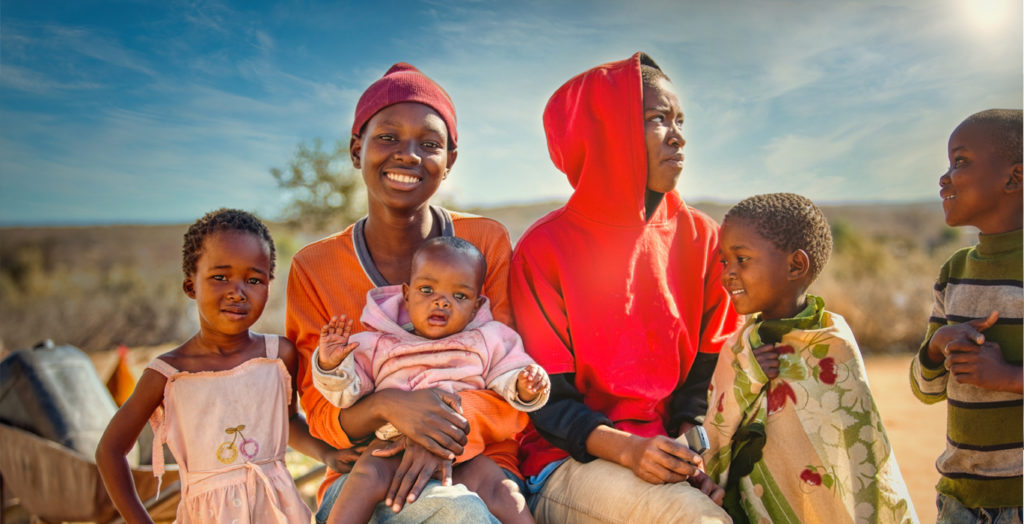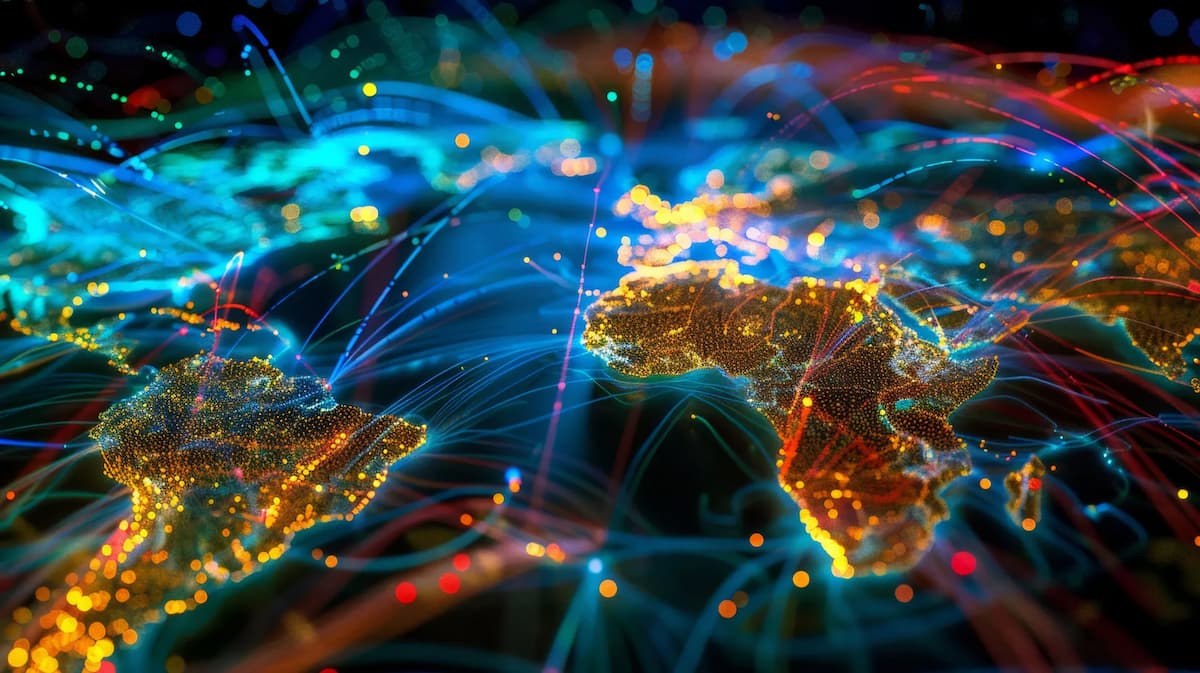
Strengthening global digital cooperation
As digital technology use grows, so does the need for international governance to guide safe and sustainable digital practices. ITU forges multilateral cooperation to safeguard the world’s digital future.
Today, we have entered a new era, with emerging technologies like artificial intelligence (AI) transforming many walks of life. Quantum information technologies, still on the horizon, promise to boost the power of digital technologies further, reshaping societies and offering hope for major strides in sustainable development for the benefit of humanity and our planet. But, like other technologies, quantum, too, entails risks, including unprecedented cybersecurity threats, that require international cooperation to address.
Digital use, by its nature, cuts across borders and sectors. Yet digital governance remains fragmented. Mis- and disinformation rank among top global risks. From deepfakes, data privacy breaches, and security disruptions to electronic equipment waste and digital access divides – the challenges as tech advances are many and growing.
If digital challenges span borders, then the solutions must too. With 194 national governments and over 1000 companies and organizations from across the tech sector, ITU fosters global cooperation to ensure digital technologies benefit all.

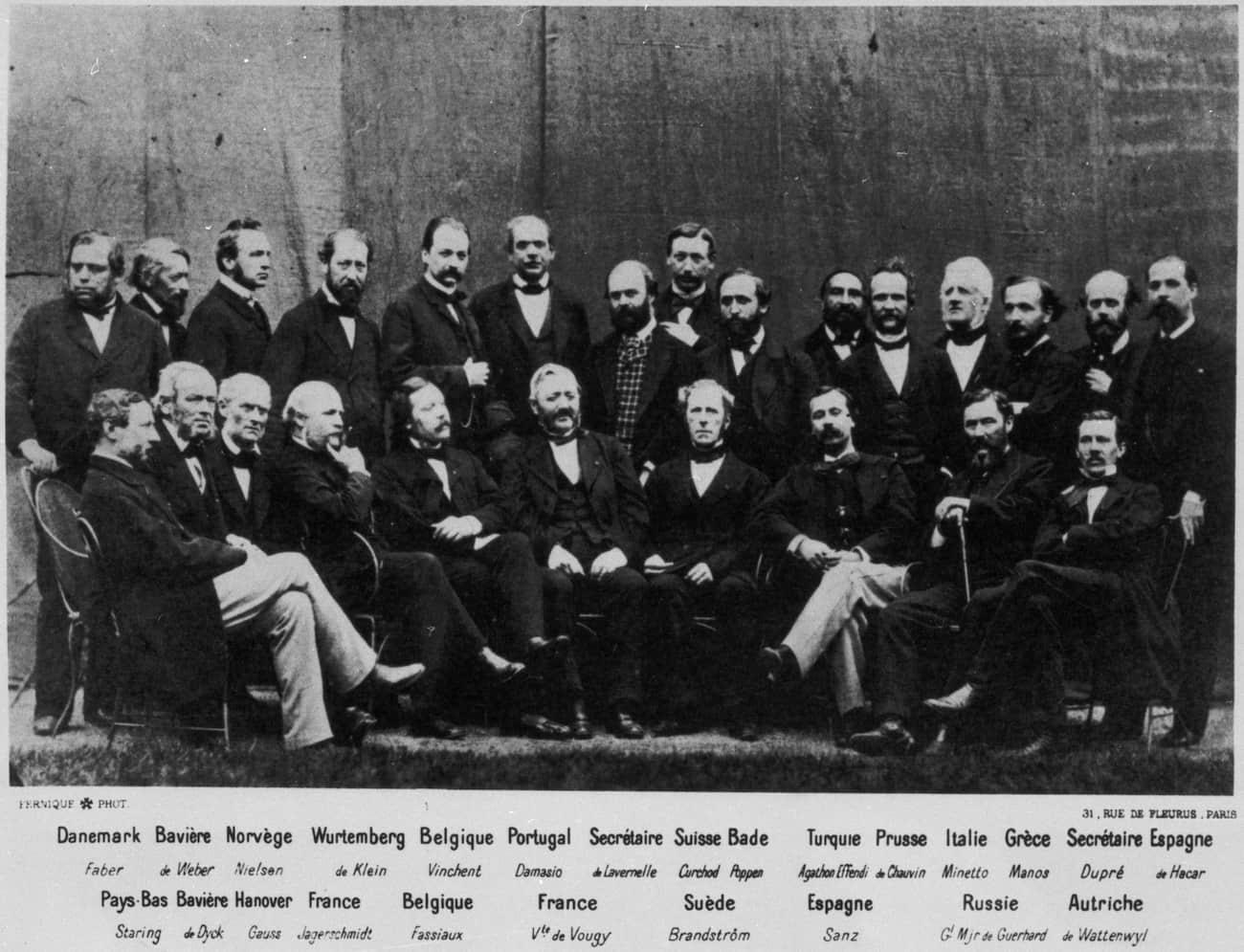
Legacy in technology governance
For 160 years, ITU has helped establish and shape the global frameworks that enable communications and connectivity across borders.
ITU’s work began in 1865 with the coordination of telegraph networks, ensuring that messages could travel seamlessly between countries. This foundational role in harmonizing governance frameworks and technical standards has continued through the eras of the telephone, radio, television, satellite, and internet.
ITU continues driving vital cooperation in the age of AI, 5G and emerging quantum solutions, bringing governments, industry, technical experts, and civil society together to address new technological frontiers.
As a UN agency since 1947 and headquartered in Geneva since 1949, ITU has continued its tradition of technical cooperation on issues of common global concern.
Geneva, now a hub for digital diplomacy, offers a unique ecosystem of collaboration among nearly 500 non-governmental organizations as well as universities, research institutions, and international bodies.
ITU’s regional offices across Africa, the Americas, the Arab States, Asia and the Pacific, and Europe, as well as its liaison office at UN Headquarters in New York, help extend its impact and strengthen digital cooperation globally.

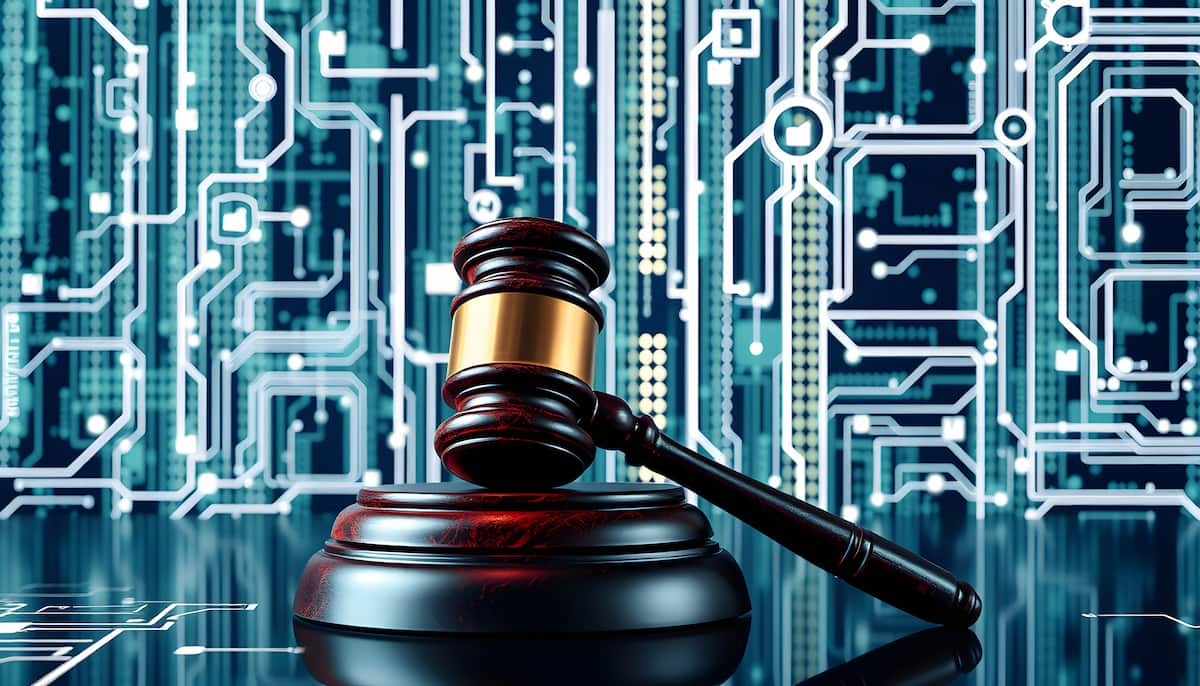
Shaping the future of digital governance
Through international agreements, technical standards, capacity development, and regulatory frameworks, ITU ensures that digital technologies serve the common good. Its work spans across the entire digital ecosystem, from fostering infrastructure development to strengthening cybersecurity and ensuring everyone is included in the global digital economy and society.
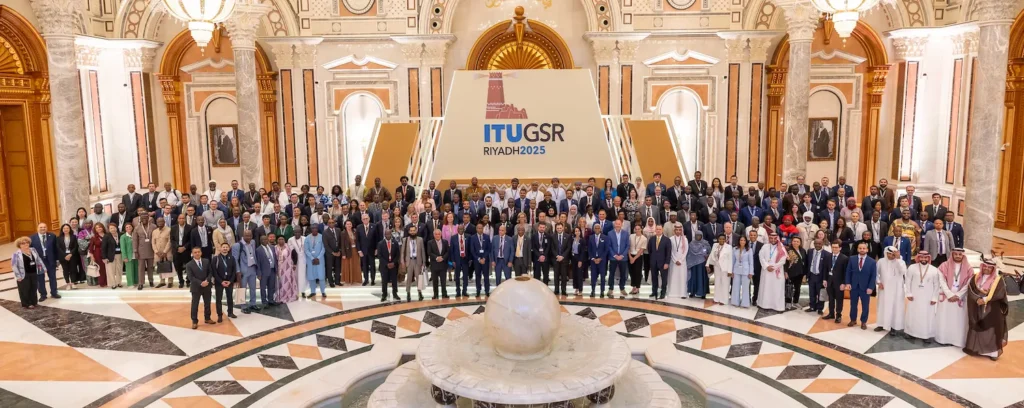
Digital regulation
ITU’s annual Global Symposium for Regulators (GSR) lays important groundwork for international standards and coordination amid rapid tech evolution. Started in 2000, GSR is the premier annual platform for telecom and tech regulators from around the world to share their views and experiences on pressing regulatory issues.
Each year, GSR attracts the heads of national regulatory authorities, industry leaders, policymakers, and other key tech stakeholders. The symposium produces annually updated Best Practice Guidelines that define regulatory and economic incentives to stimulate digital infrastructure deployment for everyone, everywhere.
Digital development
The two-phase World Summit on the Information Society (WSIS) in Geneva (2003) and Tunis (2005) focused global tech policy on closing the digital divide, catalyzing efforts across the public and private sectors to bridge inequalities in digital access and use. The summit laid the groundwork for digital regulations and treaties and launched thousands of technical cooperation projects that continue to shape global digital development today.
WSIS has continued as a multistakeholder platform where governments, the private sector, civil society, and international organizations collaborate on digital initiatives aimed at achieving UN Sustainable Development Goals. The WSIS Forum, held annually in Geneva, is the largest UN platform dedicated to digital technologies for development, bringing together more than 550 high-level guests, including ministers, regulators, mayors, and parliamentarians.
The WSIS+20 Review in late 2025 is expected to set the direction for digital cooperation under the WSIS architecture, including the UN Pact for the Future and Global Digital Compact.
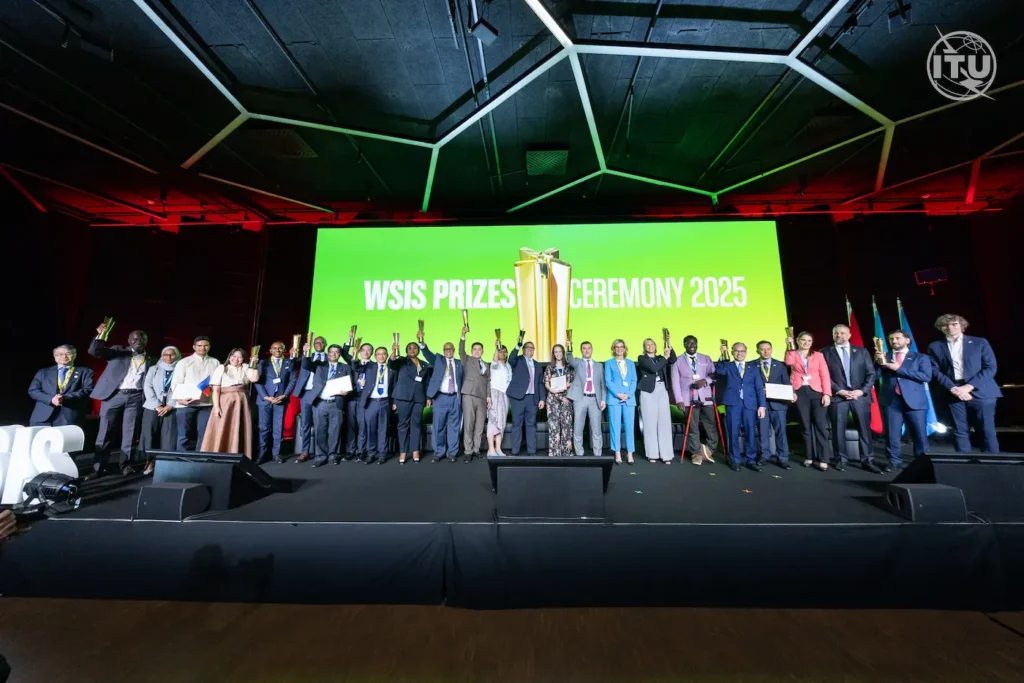
WSIS in numbers
50%
In 2024, women formed 50% of WSIS participants, a large change from 2003, where women were just under 30% of the total.
13,000+
digital projects are charted in a WSIS Stocktaking Database, aligned with UN Sustainable Development Goals.
2 million
subscribers of the WSIS Stocktaking Database
50+
UN entities working together through WSIS to advance global digital cooperation
5,000+
submissions from 112 countries for WSIS prizes, launched in 2012
800+
awardees of the WSIS prizes since 2012, including 234 winners and 576 champions.

A collective commitment
Join us to advancing global digital cooperation
Governments
- Energize existing multilateral mechanisms like the World Summit on the Information Society and its Action Lines, which guide global efforts on digital inclusion, access to information and many other key areas.
- Align national digital strategies with global frameworks.
- Support cross-border digital collaboration, from South-South cooperation to multilateral agreements on AI standards, cybersecurity, digital privacy, and other critical digital topics.
Private sector
- Support open data standards for greater transparency, trust, and collaboration within the digital space.
- Adhere to global digital governance standards to ensure that new technologies, like AI and quantum computing, are developed inclusively and sustainably to the benefit of humanity
- Invest in digital inclusion projects, especially in underserved regions
- Partner with ITU to co-develop green and inclusive solutions for the digital economy
Civil society and academia
- Engage in multistakeholder dialogues, such as the WSIS Forum, to shape global digital policies.
- Empower communities through digital literacy initiatives to enhance participation in the digital economy and safeguard against mis- and disinformation
- Champion ethical and sustainable technology development by holding stakeholders accountable for responsible AI, data privacy, and environmental impact.
- Strengthen grassroots innovation by supporting local tech solutions that address social, economic, and environmental challenges.

